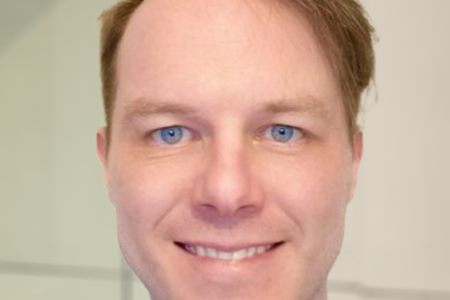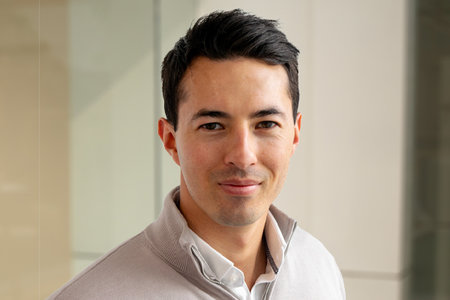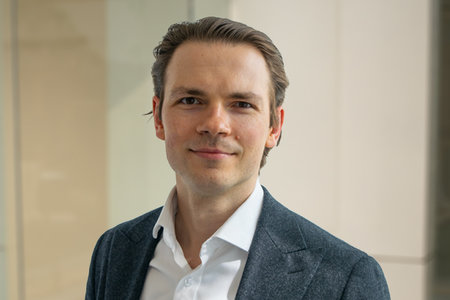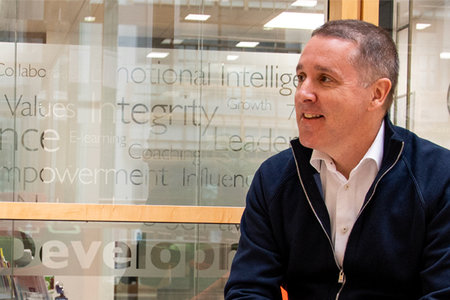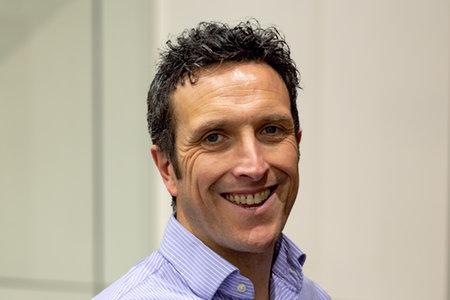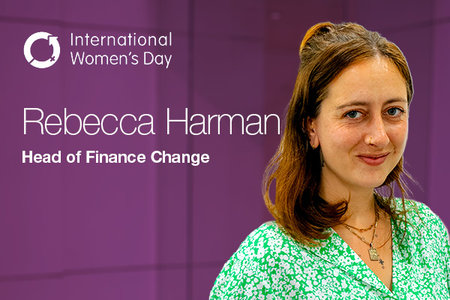At Close Brothers Premium Finance, inclusivity is at the core of our culture. As part of our commitment, we connected with influential women in our organisation through our BeTogether network, namely Zandria Dias and Charlene Manyakaidze. Their enlightening interviews shed light on their career journeys and the significance of fostering inclusivity.
In the final instalment of our Inspiring Inclusion series, we proudly present Rebecca Harman, our Head of Finance Change. Rebecca's story provides a captivating glimpse into her personal journey, empowering aspiring young women in navigating their own paths within their career.
BT: Can you tell us a bit about yourself outside the work environment?
RH: I have two sons under seven, a large headed dog called Phoebe. I live in a small village and am lucky enough to have a lot of forest a few minutes’ walk away, so I like to spend as much time as possible out there with the boys on their bikes.
BT: What was your first role within Close Brothers and what route did you take to get to your current position?
RH: I left school at 16 because I couldn’t fathom the idea of learning just 3 subjects, nothing jumped out at me. Reflecting to that time it was quite a drastic thing to do!
I started out working life in Domino’s pizza and then moved to full time office work. Skipping forward to when I was 19/20, I stumbled into a role in a Finance team, I didn’t seek out Finance, but it is in my family, and I surprised myself when I realised that I enjoyed numbers. My manager here was an accountant and I looked up to her and she went out of her way to empower me and help me see that I could sit my exams and become qualified.
After starting my studies, I spent some time in the Oil and Gas industry before joining Close Brothers. The company was smaller but with high profile clients. I seized loads of opportunities to understand different areas within the business, ending my stint there as a Management Accountant/Business partner where my areas covered Azerbaijan, Canada & North Sea, so I was able to travel to these places which was interesting.
Towards the end of this role, I was almost a chartered accountant and was put on a project to implement a new accounting system. It was a very intense piece of work that lasted for a year or so and I realised that this was the type of work I liked the most, problem solving, finding better ways of doing things and using my accounting knowledge in a non-traditional way.
A recruiter friend of mine encouraged me to apply for a ‘Finance Projects Analyst’ role she had at Close Brothers in 2015 and I have been here ever since. Since 2015 I’ve progressed through the role of Finance Project Analyst to Finance Change Manager and then Head of Finance Change with a sprinkling of new qualifications on the way.
BT: What challenges (if any) did you encounter during your career progression and how did you overcome them?
RH: As I joined the full-time working world when I was very young, I noticed that I had to work harder to be taken seriously. Something I started doing early in my career was questioning everything and always wanted to know the ‘why’ behind what I was doing, I found that not everyone was keen on this mentality and there was a lot of resistance to deal with. A lot of ‘if it isn’t broke then don’t fix it’ comments came my way. This forced me to learn that different people have very different needs that must be considered when introducing or even proposing change. You can still deliver change if there is resistance, but your approach needs careful consideration.
At the hardest part of my career, I know I was taken advantage of due to not being able to say no yet and having zero boundaries. I was very much on the verge of burnout but not getting the recognition for my own work as the credit was being taken by a more senior colleague. It took me a long time to see the situation for what it was, and I haven’t and will not let myself get into that position ever again. If I am the one doing the work, then it will be me who gets to shout about it. I only overcame this scenario by going through it. At the time it was like being in the middle of a tornado but now I’m grateful because I learned a lot of hard lessons during that time.
A final challenge to call out would be the fact that I am an observer. I’m naturally quiet and like to absorb, take in all of the information and do my thinking before engaging in discussion. ‘You are quiet aren’t you’ is something that’s been said to me in meetings more than once. I’m confident enough now to know that yes, I’m quiet because I’m thinking and that’s just how I work. If I do have something meaningful to say, then I will. Earlier on in my career I felt like this meant I had to build up trust with my stakeholders in different ways, leading me to believe that I had to overcompensate in terms of output to make up for not being loud or pushy in the traditional sense. I would encourage everyone to notice the quiet people!
BT: What advice would you give to young women who are starting out their career?
RH: Never compare yourself to anyone else, in person, online or anywhere for that matter. Do every little bit of work to the best of your ability and set time aside in your week/month to think about your own development - something I wish I had done earlier in my career!
When applying for roles, you don’t have to be an expert on 100% of the requirements, 50% is fine because you can learn. Demonstrating that you can learn is key.
BT: The theme for this year’s international women’s day is ‘Inspire Inclusion’. How can we better achieve this within the business?
RH: Everyone should see themselves as an ally and keep equity in mind. Leaders especially need to be aware of the differences between equality and equity. The best analogy for this theme I have seen is a comparison to making a cake:
Diversity is (FACT) = the right ingredients
Equity is (CHOICE) = the right amount of each ingredient
Inclusion is (ACTION) = putting the ingredients together
Belonging is (OUTCOME) = final product
BT: Who are your role models and why?
RH: My role model is my husband’s mum – a little odd as we actually never met because she passed away the year, I got to know my husband, but 10 + years’ worth of hearing about her and speaking with people she has worked with has made me look up to her.
She had a lot of drive and worked incredibly hard in roles related to education and development for underprivileged children, as well as raising 4 amazing and well-rounded children herself.
Another role model is Alice Bentinck who is the founder of Code First Girls - The non-profit is the largest provider of free coding courses for women in the UK, delivering over £20 million worth of free technology education and teaching three times as many women to code as the entire UK university undergraduate system. Code First Girls has now taught over 25,000 women to code, I’m one of those 25,000 and I’m very grateful that it exists.
BT: When you’re not working what do you enjoy doing?
RH: I enjoy being outside the most, taking the boys to new places and going on small trips. I’m also a big fan of museums and galleries and live music as well.
BT: What would your number one film/book/Tv recommendation be?
RH: Very difficult! I’ve looked at my bookshelf and Netflix to try and jog my memory. Things I can watch over and over are Matilda, Mrs Doubtfire and Lords of Dogtown. In terms of books it would be ‘Kiss Kiss’ by Roald Dahl and ‘Where The Crawdads Sing’ by Delia Owens is a recent favourite.
BT: If you could have dinner with three female leaders, dead or alive, who would you pick?
RH: I’m going off-piste, these women were not all leaders at the time, but they have become icons thanks to their achievements, I would encourage people to have a google: Ada Lovelace, Boudicca
And Frida Kahlo
BT: Not a question, but please can you share your favourite quote around female empowerment/inclusion?
RH: "Women belong in all places where decisions are being made. It shouldn’t be that women are the exception." Ruth Bader Ginsburg

